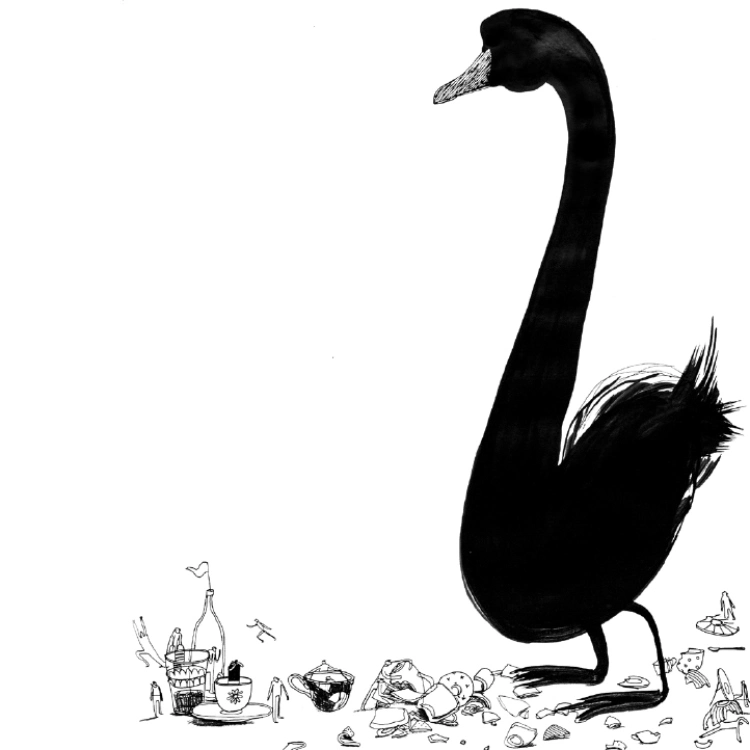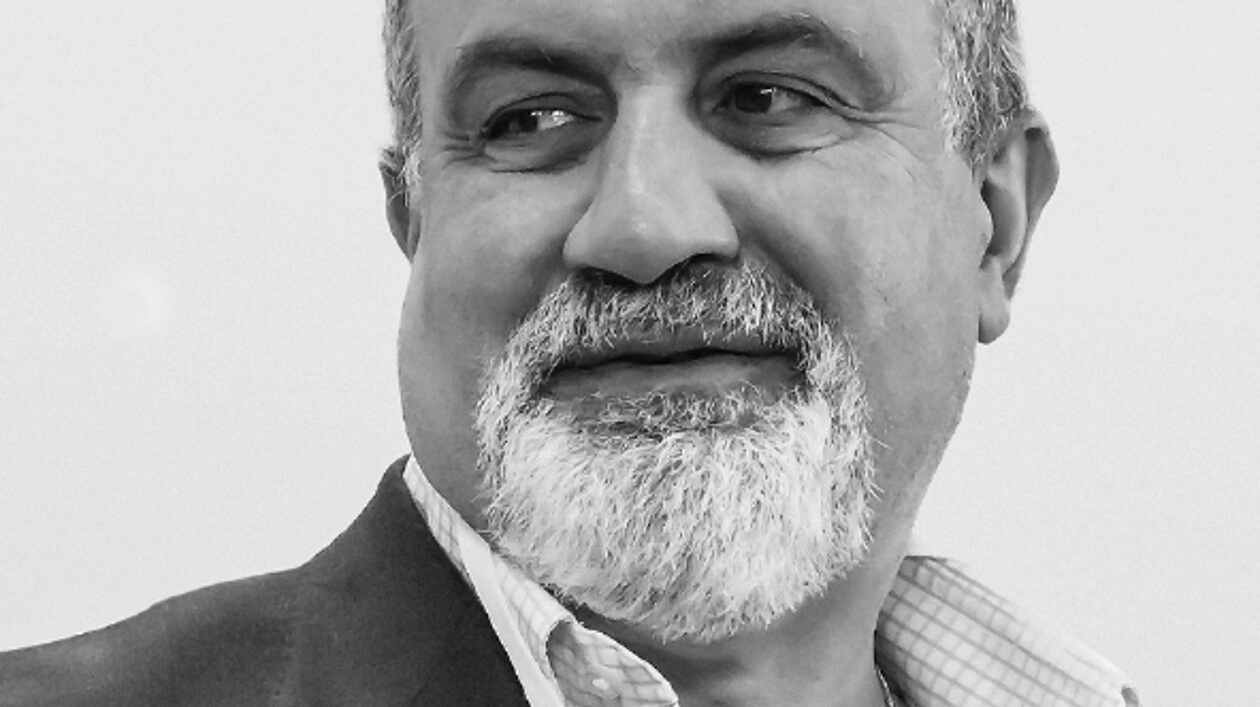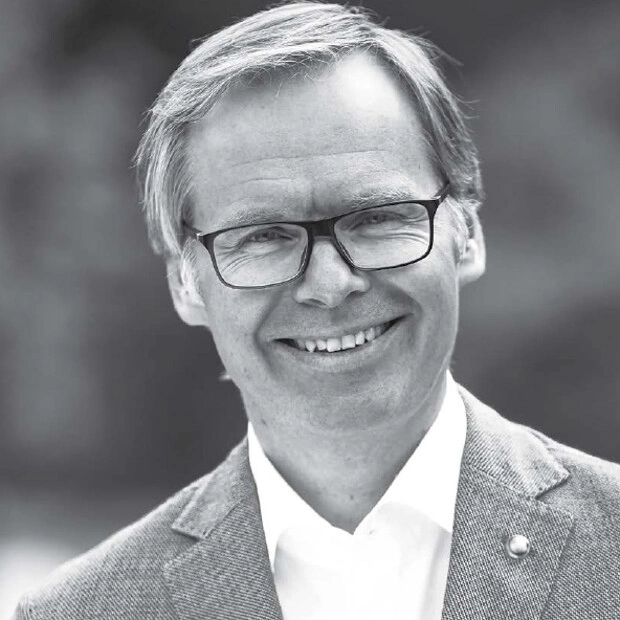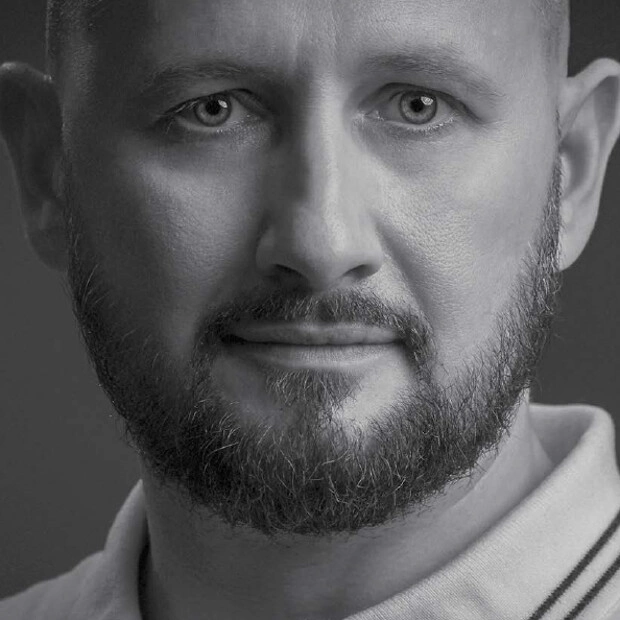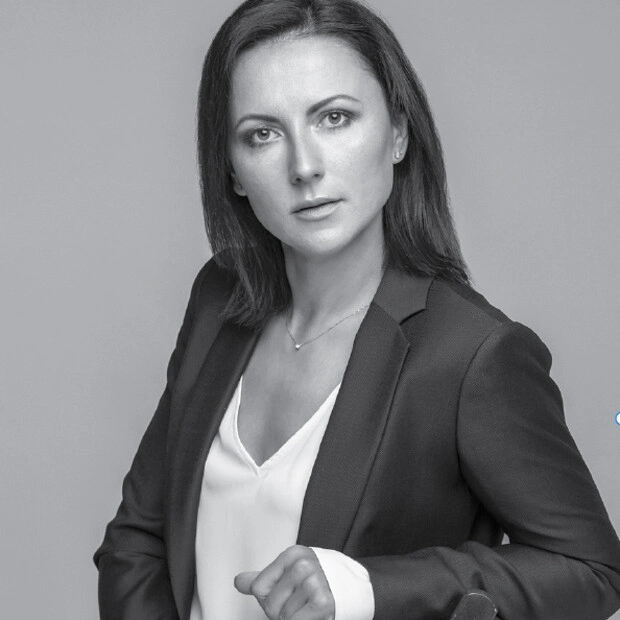Nassim Nicholas Taleb's philosophical and economic writing ought to resonate with those readers bought up under the Soviet Union. He argues of the impossibility of predicting certain important events with lasting consequences and cites the end of the Soviet Union as an example. Speaking to The World our new columnist, Doctor of Economy, magister of trade administration, essayist, scholar, philosopher and statistician Nassim Nicholas Taleb about 'fragility' which has no proper antonym.
In some systems there is a certain property termed "Antifragile". Well understood by our grandpatents and everybody seems to know about it except experts or as I prefer to call them "pseudo-experts".
Let's talk about what's now going on in the world. I worked with what I called Black Swan events. Apparently, nobody understood it. I spent 650 pages explaining that Black Swans are not predictable. And instead of focusing on predicting Black Swans it was much better to try to protect ourselves from them or build systems that have the ability to have these extreme events that we cannot predict. These events are characterized by three conditions, first, they could not have been predicted, second, they have an extreme impact and lasting consequences and third, human nature seeks to explain the cause but because of the first condition only retrospectively. This why I argue that it is pointless attempting to predict Black Swan events but more usefully we should plan and build resilience into our systems.
The expert problem, put simply, is that the expert presumes to know more than the expert actually does or could be expected to know but acts as if that knowledge was known. We can be expected to know the unknowns but the unknown unknowns are what matters.
Because of complexity and the world is going more and more complex trying to see cause and effect and also distinguishing between the two, is part of trying to understand how individual links can have collective effects. My next book the one coming out next year in many countries I talk about the inability we have to understand the collective behavior based on knowledge of particulars.
To take an example. You can know very well how ants behave but you'll never guess how that leads to the behavior of the ant colony. And what's right for the ant colony in nature also applies to financial markets.
It's a common mistake to try to do psychology on individuals and individual traders and individual agents. And say well, they make this classes of mistakes and generalize to the market. Every individual can be irrational but the collective irrationality gives the market its rationality. So, the problem of the complexity is that the different layers are different organisms. And you can't understand how they commonly work by understanding individual agents. And you can't predict crisis from looking at components. That's complexity. It's not bad news. We just have to understand the properties of subsystems and how they work and how they operate. A thing that tends to upset the pseudo-expert.
And what is the class of pseudo-experts? A plumber is an expert at plumbing, a dentist is an expert at dentistry, a doctor who does colonoscopy is an expert at colonoscopy. However, a person, a Brussel bureaucrat, thinking he can run the European economy is not actually an expert in this field. That is the issue of pseudo-experts, people who deal with macro issues do not understand complexity.
We have to realize that we may be experts in many things but not at the subject matter. I prefer to take the wisdom of grandmothers than those of the over educated bureaucrats working say for the US State Department or for the European Community they have no idea how complex the world works. And of course, the main reason these people do not understand the world, is because they don't have the right game skills. If you ride a bicycle and fall you might get hurt. You might know how the bicycle works but learning from your falls gives a personal understanding of the consequences of failure. But if you conduct policies and your mistakes affect other people, not you, then you are never worried and nobody will catch you. The incompetent airliner pilot will eventually die with his plane but someone doing policy who is incompetent will hurt countries and will never be blamed and will survive.
That's the main situation today and people understand that, they have the wisdom to detect it. And they have the ability to remove these people. This is why we are witnessing today a riot and increase in populism against bureaucrats in the West. They don't want this all structure, they don't care about journalists and the media has no special insight on what's going on.
Which brings me to my subject: fragile - anti fragile. And how the world works. And what is this that these bureaucrats are missing. But again, everyone who has owned a bicycle knows but mysteriously they don't become professors of economy at Harvard or directors of the federal reserve.
Let's talk now about the property of fragility in anything we can generalize. I started my life as a financial market trader. For twenty one years I was a full time trader. And nothing else but trade. And traders don't know all other things. I was a volatility trader an option thing. We know our subject volatility and sometimes alcohol. That's because I come to trading a lot of rum, vodka and other things. When I stopped trading, I still did it part time, I wanted to have a career but in something else. And I decided to do scientific research.
I looked at the coffee cup glancingly and thought: 'Oh. For years I missed the central property that the coffee cup does not like to be voluntary ticking. May seem trivial but it could feel to view to follow the idea, it was logical consequence. It could lead us to understand a lot of things.
Everything fragile dislikes voluntary ticking. Think about it: if I put the coffee cup here and there's an earth quake I am not predicting an earthquake It's just a sort of experiment: what happens to the coffee cup. Does it have any upside? No. There is no upside for the cup of coffee. It's all downside or nothing. The cup of coffee doesn't like mistakes, doesn't like a lot of things. Based on that I can build some kind of idea of what is that property.
Before continuing let us look at what is the opposite of fragile. When I ask people, what is the opposite of fragile? typically they show this: the opposite of fragile cannot be something that doesn't react if there is a shock. It can't be something like this, so think about it: if I have a baggage that is frag-ile. I want to take something from here to Brookland. Brookland is very far. And you know that people of Brookland they can be a little rough. So if it's fragile like this and we write on our package 'handle with care' the opposite of fragile is not a package on which I write 'I don't care. You can mishandle it if you want'. No. The opposite of fragile is something that improves if it's mishandled. 'Please, mishandle'. And this comes out of mathematics immediately.
The opposite of 'concave' is not 'linear' but is convex. The opposite of 'negative' is 'positive', not 'neutral'. This what we figure out. And the idea is that once one understands fragility properly, he will understand its opposite which our grandmothers understand very well.
